International standards or frameworks for Greenhouse Gas Accounting
There are several international standards and frameworks for greenhouse gas (GHG) accounting that organizations can use to measure, manage, and report their carbon footprints. These standards provide guidelines and methodologies for consistent and transparent reporting of GHG emissions. Here are the most widely recognized ones:
Greenhouse Gas Protocol (GHG Protocol):
- Developed by the World Resources Institute (WRI) and the World Business Council for Sustainable Development (WBCSD).
- The GHG Protocol provides comprehensive guidance for accounting and reporting GHG emissions from organizational activities (Scope 1, 2, and 3 emissions) and product life cycles.
- It is widely used by businesses, governments, and NGOs globally and forms the basis for many other standards.
ISO 14064:
- Developed by the International Organization for Standardization (ISO).
- ISO 14064 is a series of standards that provide guidelines for quantifying and reporting GHG emissions and removals at the organizational level (ISO 14064-1), projects (ISO 14064-2), and for validation and verification (ISO 14064-3).
- It includes principles and requirements for designing, developing, managing, and reporting GHG inventories.
Carbon Disclosure Project (CDP):
- CDP is an international NGO that runs a global disclosure system for companies, cities, states, and regions to manage their environmental impacts.
- CDP’s climate change questionnaire aligns closely with the GHG Protocol and requires disclosure of Scope 1, 2, and 3 emissions, as well as climate-related risks and opportunities.
The Greenhouse Gas Accounting and Reporting Standard (GHGAR):
- Developed by the International Organization of Supreme Audit Institutions (INTOSAI) and its Working Group on Environmental Auditing.
- GHGAR provides guidance specifically for public sector organizations on accounting and reporting GHG emissions, focusing on transparency, accountability, and performance measurement.
Corporate Standard of the Carbon Trust:
- Developed by the Carbon Trust, a UK-based organization focused on accelerating the move to a sustainable, low carbon economy.
- The Corporate Standard provides guidance on assessing and certifying organizational GHG emissions reductions and management practices.
Sector-specific standards and protocols:
- Various sectors have developed specific GHG accounting standards or protocols tailored to their industries. For example, the International Maritime Organization (IMO) has developed guidelines for shipping emissions (known as the IMO DCS), and the International Civil Aviation Organization (ICAO) has standards for aviation emissions.
These standards and frameworks help organizations establish credible and consistent GHG accounting practices, facilitate benchmarking, support decision-making, and enhance transparency in reporting environmental performance. Depending on the sector and reporting requirements, organizations may choose to align with one or more of these standards to meet their specific needs and objectives related to carbon management and sustainability.
The ZenithNet-Zero team includes experts who can guide you and your company in understanding your net-zero needs and achieving your sustainability goals
Questions?
If you can’t find the answer you’re looking for, feel free to write to us. Help us make this blog a rich source of environmental insights and news.



